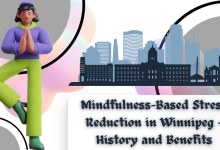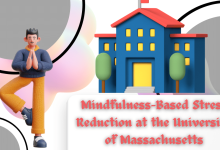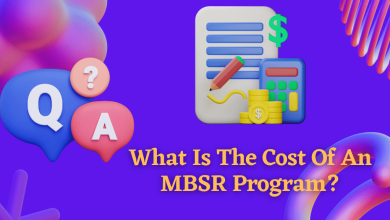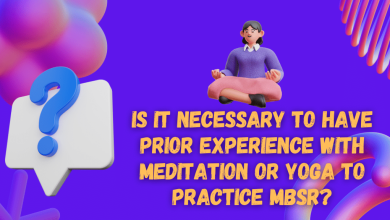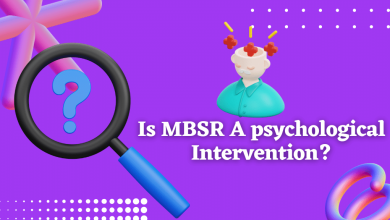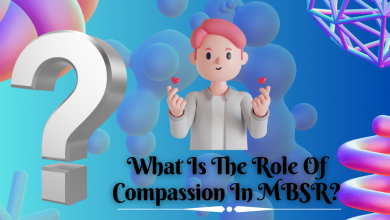Is MBSR Religious Or Spiritual In Nature?
MBSR, or Mindfulness-Based Stress Reduction, is a mindfulness meditation program developed by Jon Kabat-Zinn in 1979 to help people deal with stress, anxiety, and chronic pain.
The program has gained popularity in recent years and is used in a variety of settings, including healthcare, education, and corporate settings.
The question of whether MBSR is religious or spiritual in nature is one that has been debated by many people. In this answer post, I will explore the nature of MBSR and whether it has any religious or spiritual aspects.
To answer this question, we first need to understand what mindfulness is.
The Full Meaning Of Mindfulness
Mindfulness is a mental state that involves being fully present and engaged in the present moment, without judgment or distraction.
It involves paying attention to your thoughts, feelings, and physical sensations, and accepting them as they are, without trying to change or control them.
Mindfulness is not a religious or spiritual practice in itself, but it has been used in many spiritual and religious traditions, such as Buddhism, Hinduism, and Christianity, as a means of developing insight, wisdom, and compassion.
Jon Kabat-Zinn, the creator of MBSR, has stated that the program is not religious or spiritual in nature, but rather a secular approach to mindfulness meditation that is accessible to people of all backgrounds and beliefs.
The program is based on the principles of mindfulness and self-awareness, and it is designed to help people develop a deeper understanding of their thoughts, emotions, and physical sensations, as well as the world around them.
The MBSR program also consists of eight weekly sessions, each lasting two and a half hours, and a day-long retreat.
The program includes guided meditation practices, gentle yoga exercises, and group discussions, as well as homework assignments and daily mindfulness practices.
It is designed to help participants develop a greater awareness of their thoughts, emotions, and physical sensations, and to learn how to respond to them in a more constructive and compassionate way.
While MBSR is not explicitly religious or spiritual in nature, it does draw on some concepts and practices from Buddhist and other spiritual traditions.
For example, the program emphasizes the importance of non-judgment and non-striving, which are core principles of Buddhist mindfulness meditation.
The program also includes a body scan meditation, which involves paying close attention to the physical sensations in the body, and a loving-kindness meditation, which involves cultivating feelings of compassion and kindness towards oneself and others.
However, these practices are presented in a secular and non-religious context, and participants are encouraged to approach them in a way that is meaningful and relevant to their own lives and beliefs.
This program is also designed to be accessible to people of all backgrounds and beliefs, and participants are not required to adopt any particular religious or spiritual beliefs or practices.
Rounding Up
While MBSR draws on some concepts and practices from Buddhist and other spiritual traditions, it is not inherently religious or spiritual in nature. The program is designed to be accessible to people of all backgrounds and beliefs, and it emphasizes

